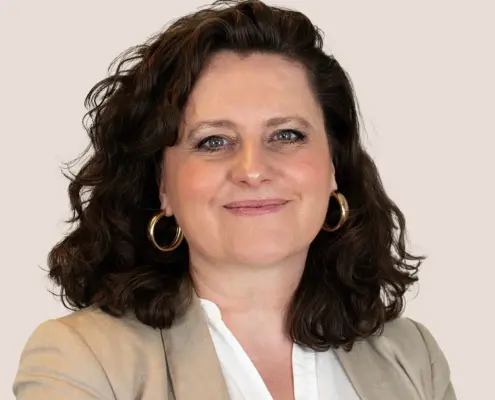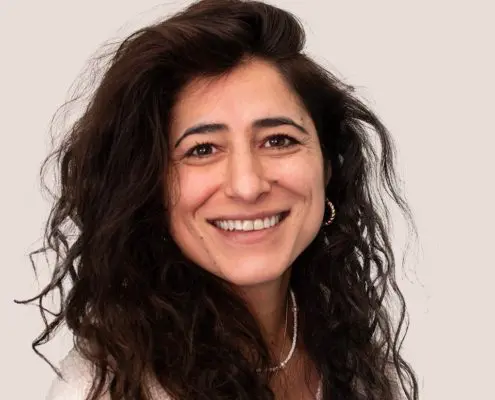 https://www.amsterdam-psycholoog.nl/wp-content/uploads/2020/04/Voornaam-Achternaam.jpg
1000
1000
admin
https://www.amsterdam-psycholoog.nl/wp-content/uploads/2019/11/Psychologen-amsterdam-logo.png
admin2026-01-01 21:26:162026-01-07 10:56:09Luna Bootsma
https://www.amsterdam-psycholoog.nl/wp-content/uploads/2020/04/Voornaam-Achternaam.jpg
1000
1000
admin
https://www.amsterdam-psycholoog.nl/wp-content/uploads/2019/11/Psychologen-amsterdam-logo.png
admin2026-01-01 21:26:162026-01-07 10:56:09Luna BootsmaAbout trauma treatment
What can help you if you have experienced a shocking event? First of all, it is important that you calm down and that you get support from family or friends. Sometimes it can help to talk about the traumatic event, but not for everyone. That is very personal. Sometimes it is too difficult or too emotional to talk about it and you need some time to process it. In many cases, it helps to get back to your daily routine after some time. This creates a distraction.
Usually, after a traumatic event, the shock is short-lived and you resume daily life with the support of your family and friends. But you can also develop problems such as nightmares, avoidance reactions, panic attacks, mood swings or problems concentrating. If these problems do not disappear by themselves, treatment is recommended.
Therapies for trauma
A psychologist can apply different forms of therapy during the conversations. The most commonly used therapies for trauma are cognitive behavioral therapy and EMDR.
How does cognitive behavioral therapy (CBT) work in a trauma? The principe of CBT is that your thoughts influence your feelings and your behavior. Cognitive behavioral therapy helps you change your thinking patterns. You learn to think differently about the event. For example, that it is not your fault or that there is no more danger. You not only learn to think more positively, but you also learn to think more realistic and balanced. This allows you to break the negative spiral of thoughts, behavior and feelings. The goal is that your traumatic symptoms diminish and any avoidance behavior disappears.
Trauma can also be treated well with EMDR (Eye Movement Desensitization and Reprocessing). By following the therapist’s finger with your eyes you are simultaneously busy with the present and the past. And that turns out to be a very successful therapy to get stuck processing of traumatic experiences back on track. Without extensive conversations and in a relatively short time. After an intense first session, we work with positive steps away from the traumatic moment.
Body-oriented therapy (breathing and relaxation exercises) can also be used as support to treat your trauma.
It is possible that one form of therapy is used, but a combination of different types of therapy is also a good option. At the start of the treatment process, you discuss with your therapist which form of therapy is best for you and your symptoms, and what feels comfortable for you. In this way, the treatment is tailor-made, so that you feel seen, heard and helped by us.
Contact Psychologen Amsterdam
Do you recognize your symptoms and do you need help or do you just have a question about the treatment of your traum? Then call for an appointment or send a message to Psychologen Amsterdam.
Our specialists in the field of Trauma treatment
What do we offer?
A safe and trusted place for therapy in Amsterdam
A warm welcome from our founder Anouk Taytelbaum.
We are here to help you.
What do we offer?
A safe and trusted place for therapy in Amsterdam
A warm welcome from our founder Anouk Taytelbaum.
We are here to help you.
Insurance cover
What do you have to pay?
No waiting list
We offer direct availability
Blended Care
Our effective eHealth approach!
System therapy:
relationship and family therapy
Anger & misunderstanding? Sometimes you are so stuck in negative patterns that you can’t work it out together anymore
Insurance cover
What do you have to pay?
No waiting list
We offer direct availability
Blended Care
Our effective eHealth approach!
Are you here for the first time?
We show you step by step how we work

System therapy:
relationship and family therapy
Anger & misunderstanding? Sometimes you are so stuck in negative patterns that you can’t work it out together anymore
Klanten vertellen
Client reviews
Zorgkaart NL
Experiences clients
News
Articles, movies and news
Qualifications
Our healthcare professionals are trained in Hollands most respected counselling institutions with years of experience in the GGZ, private and charitable sectors in and around Amsterdam. In addition, they are continuously trained and retrained, which is also an obligation to keep their registrations and memberships with various professional associations.



































